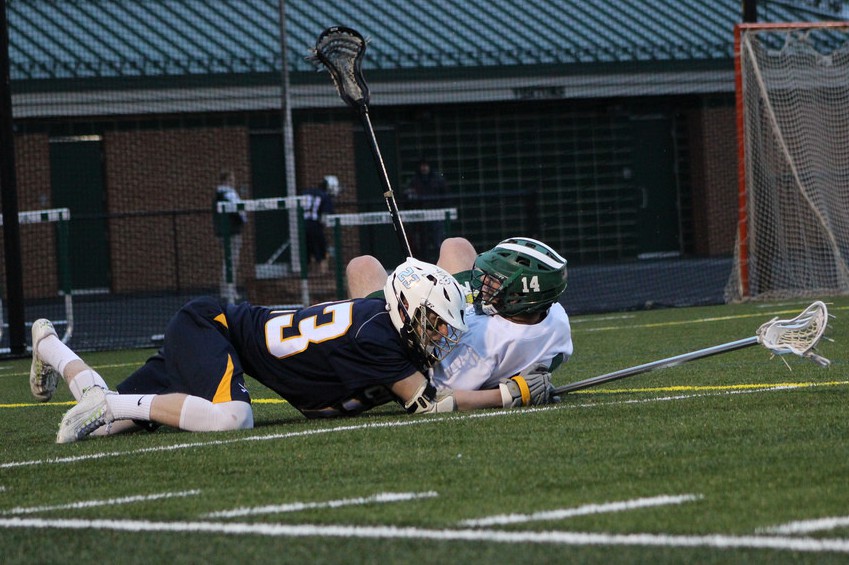
 By Tricia Walker, ATC
By Tricia Walker, ATC
Wellness Blog Contributor
[twitter-follow screen_name=’@toCME4PT’]
(March 9, 2016) — Your days have probably gotten a lot busier with spring sports seasons starting up. It’s staying lighter later so you and your teammates can actually hit the fields and practice outside. But as lacrosse, soccer, tennis and other sports ramp up, so does your risk of injury. You may think that a concussion only happens in football games or car crashes. But the truth is, soccer players and lacrosse players are at just as high a risk. So how do you or your athletes not get sidelined by a concussion?
What is a concussion?
A concussion is a traumatic brain injury that alters the way the brain functions. Essentially, it’s a bruise on your brain. Think of your brain as a marble in a small bottle of water. When you shake the bottle back and forth, the marble may hit the sides of the bottle. When your head moves back and forth quickly, that makes your brain actually hit the front and back of your skull. This is how a concussion occurs.
When you sustain a concussion, normal brain functions like concentration, memory, balance and coordination are temporarily altered. Depending on how severe the concussion is, it can take days, to months for these functions to work normally again. It’s just one reason why it’s so important to learn how to recognize a concussion and start managing it right away.
Possible Concussion Symptoms:
- Headaches
- Fatigue or low energy
- Dizziness
- Confusion
- Poor balance
- Nausea or vomiting
- Decreased concentration
- Irritability
- Memory loss
- Blurred vision
- Sensitivity to light or noise
- Irrational behavior
- Difficulty reading

All concussions are different so it’s impossible to know what symptoms someone will experience. The length of time it takes to recover from a concussion is also unpredictable. However, the earlier the concussion is identified and the quicker the rest and recovery process begins, the faster the concussion symptoms will subside.
What to do if you think you have a concussion?
If you think you have a concussion, get medical attention right away. In most cases, a doctor will perform head imaging to rule out other more serious head injuries like bleeding in the brain. If there is no emergent threat of a brain bleed, the concussion can be treated on a case by case basis.
Note from our sponsor: At Loudoun Sports Therapy Center, our Certified Athletic Trainers have designed a state of the art Concussion Management Program. They are licensed and qualified to perform cognitive testing and prescribe individualized programs to reduce symptoms and safely return you to your daily activities. Call 703-450-4300 and schedule your appointment TODAY!




